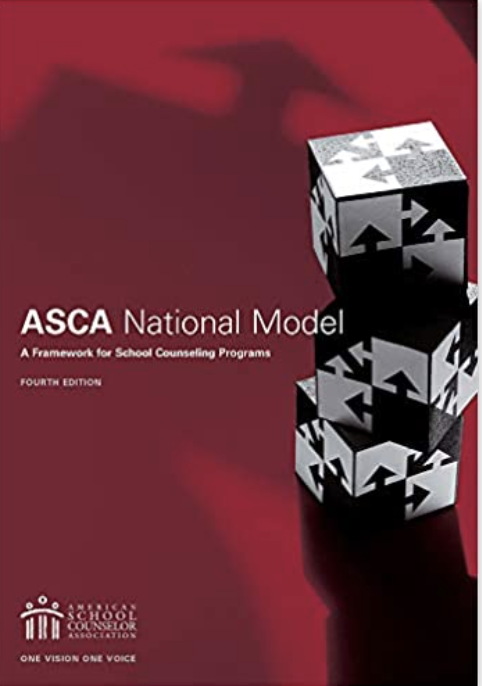School Counselor Collaborative Cohort
(October 2024 - May 2025) 3 optional graduate SMC credits
Instructors: Rachel Luks Petraska, M.S. Shelburne Community School, School Counselor, grades 6-8 (She/Her/Hers) and
Patti Tomashot, M.S., C.A.G.S., VTSCA Executive Director, School Counselor / Director VT Public Schools, grade 9 - 12 (She/Her/Hers)
Target Audience: Current school counselors, new school counselors, counseling directors, mentors and internship supervisors
Rachel Petraska and Patti Tomashot, experienced school counselor leaders, offer counselors a road map for navigating the crucial beginning years in the field. This course identifies the different phases every new and current counselor goes through, offering crucial strategies to navigate each. Participants return to schools equipped with proven instructional and self-care practices. Counselors will create a plan for implementation of the VT School Counseling Framework, and a monthly roadmap to follow that aligns with the VT Framework and ASCA. Counselors will have each other to connect and collaborate with throughout the year, getting to see multiple perspectives and participating in confidential case studies to help problem-solve whatever issues that come up. Each month, we’ll invite a partner/constituency that will provide knowledge and expertise in a variety of areas such as special education, administration, technology and education law and how they all intersect with the school counselor role.
Throughout the course you will:
Explore the six phases of beginning school counselors: 1) anticipation, 2) survival, 3) disillusionment, 4) rejuvenation, 5) reflection, and 6) second anticipation.
Understand the feelings and challenges associated with each phase.
Discover practical strategies for small group work, classroom facilitation and individual student meetings
Explore exemplar SEL curriculums to use at the universal level.
Learn how to practice self-care to avoid career burnout that so often leads to counselors changing careers.
Develop a plan for decreasing stress, increasing student achievement and enhancing students’ social and emotional well-being
The major work of the course will be the development of a continuous comprehensive school counseling program for your school/grade bans that you cover.
Outcomes of this course:
How to use and understand the VT Model
How to use data to improve/enhance program
To build a cohort of counselors
How to find evidence based curriculum for all grades
How to enhance your SEL practice
How to meet the ASCA national standards and understand the domains
How to work with your school administrators and how to navigate leadership changes
How to implement your program
How to market your program
Note: This course will be taught in either an in-person classroom or virtually, as needed. It is equipped with a Zoom Room Classroom Camera & Audio for remote access for participants.
Dates: October 15, November 6, January 21(virtual), March 6(virtual), and May 1, 2025
Hours: 9 -3:30 pm (includes lunch)
Location: CVEDC Classroom, 150 Kennedy Drive, S. Burlington, VT
Cost: $1350 – includes book $1750 – includes 3 gr. credits & book
Text: ASCA National Model: A Framework for School Counseling Programs (4th edition)
About the Instructors:
Rachel has been working in the education field for more than 25 years as a teacher and school counselor. She is currently working as the school counselor for grades 6-8 at Shelburne Community School. Her work includes serving as an adjunct professor and internship supervisor at the University of Vermont.
Patti is the Executive Director of the Vermont School Counselors’ Association and an active member of the ASCA. She continues to be passionate, committed, dedicated and excited to advocate for the role of the school counselor. For more than 15 years, she has been a school counselor leader at the local, state, regional and national level. Her work includes serving as an adjunct professor and internship supervisor at the University of Vermont.



